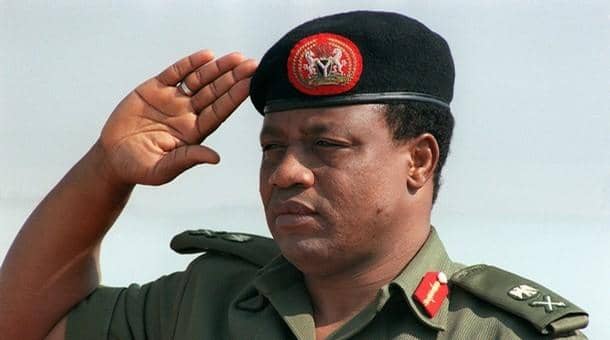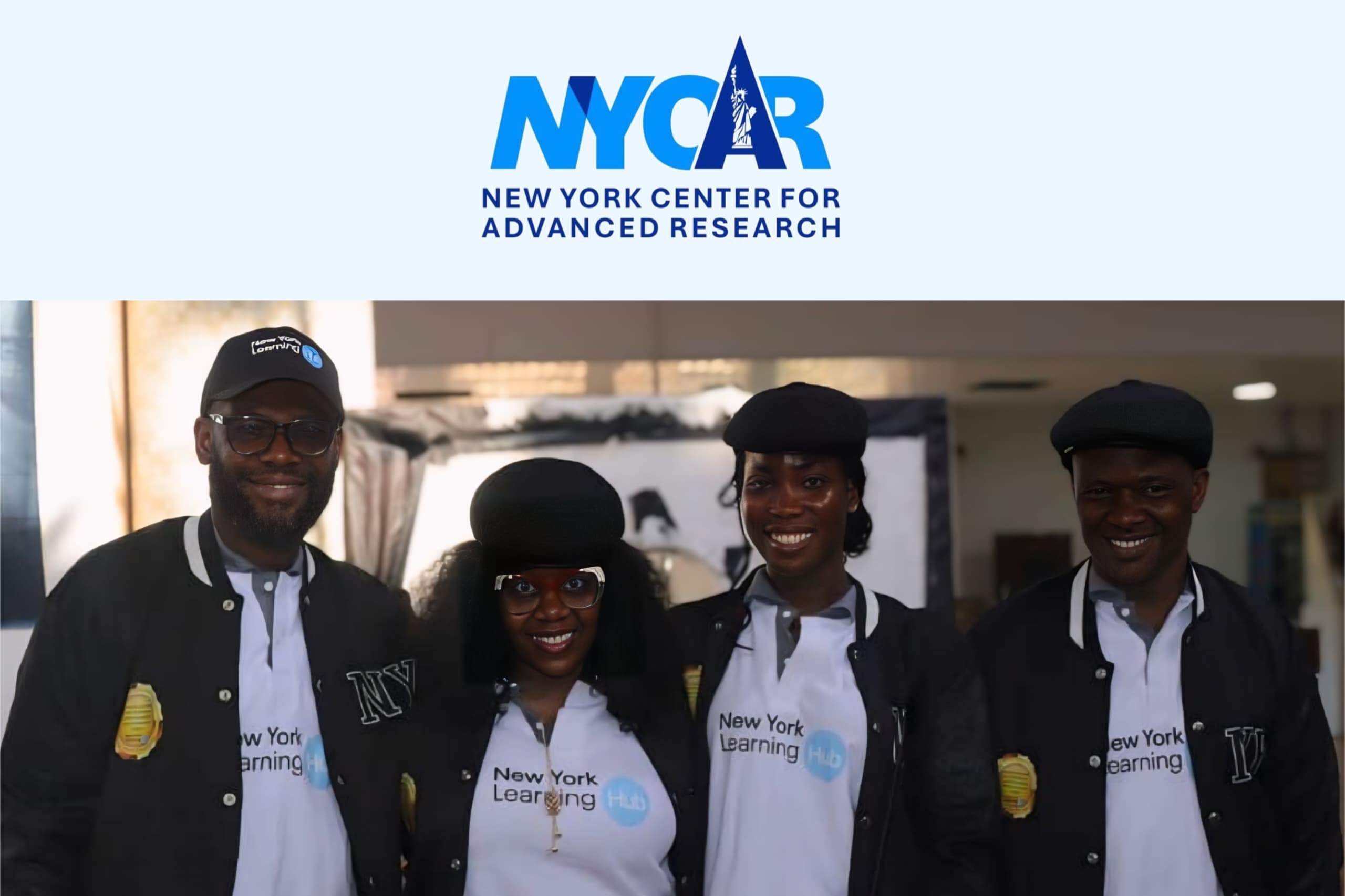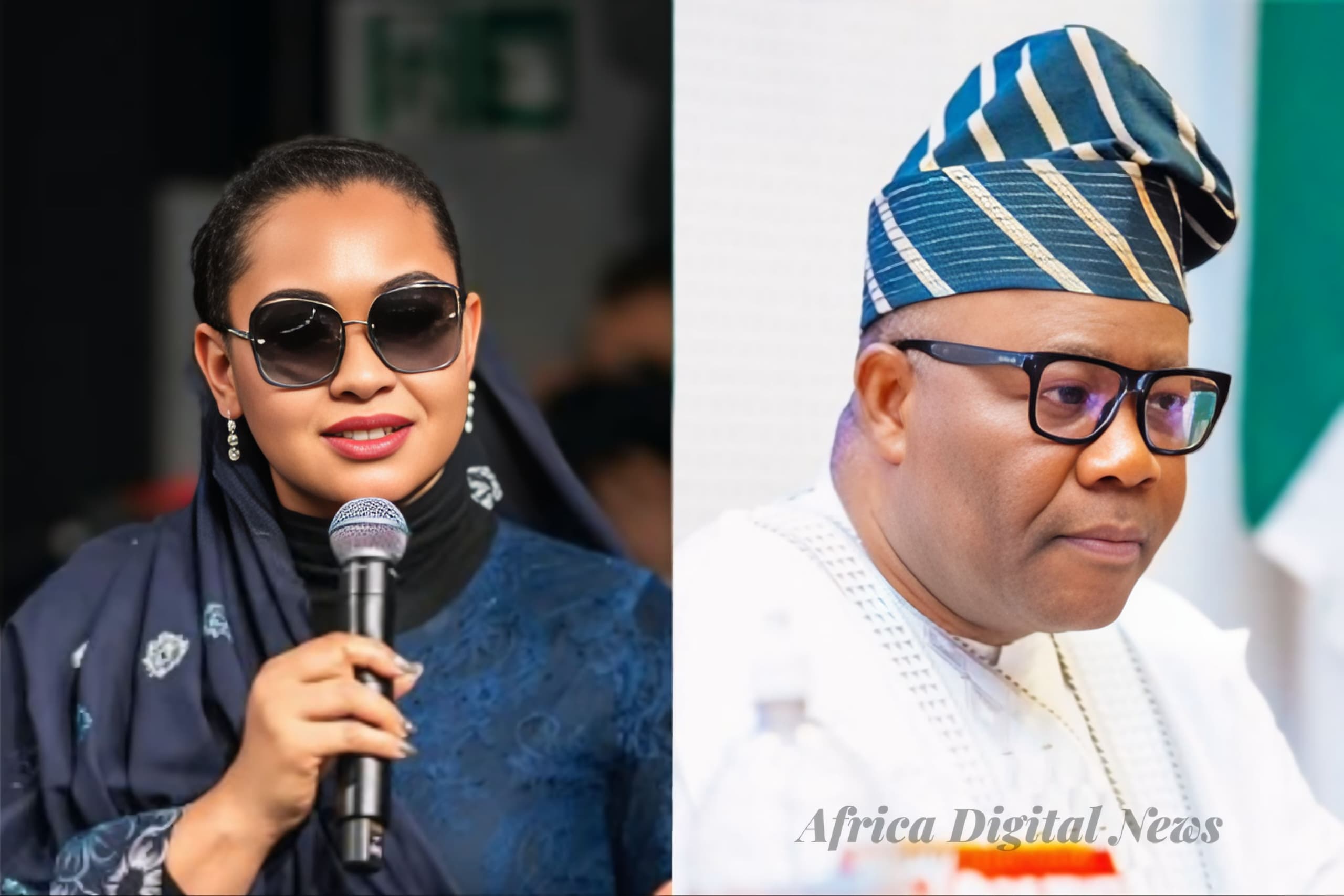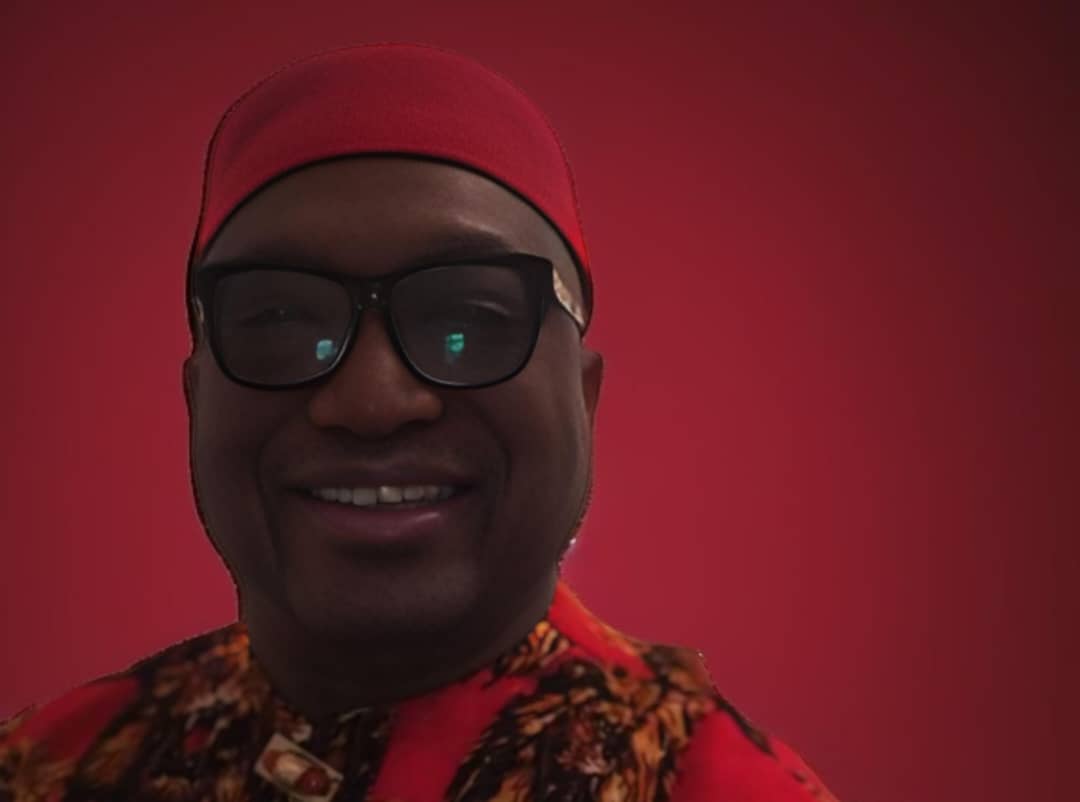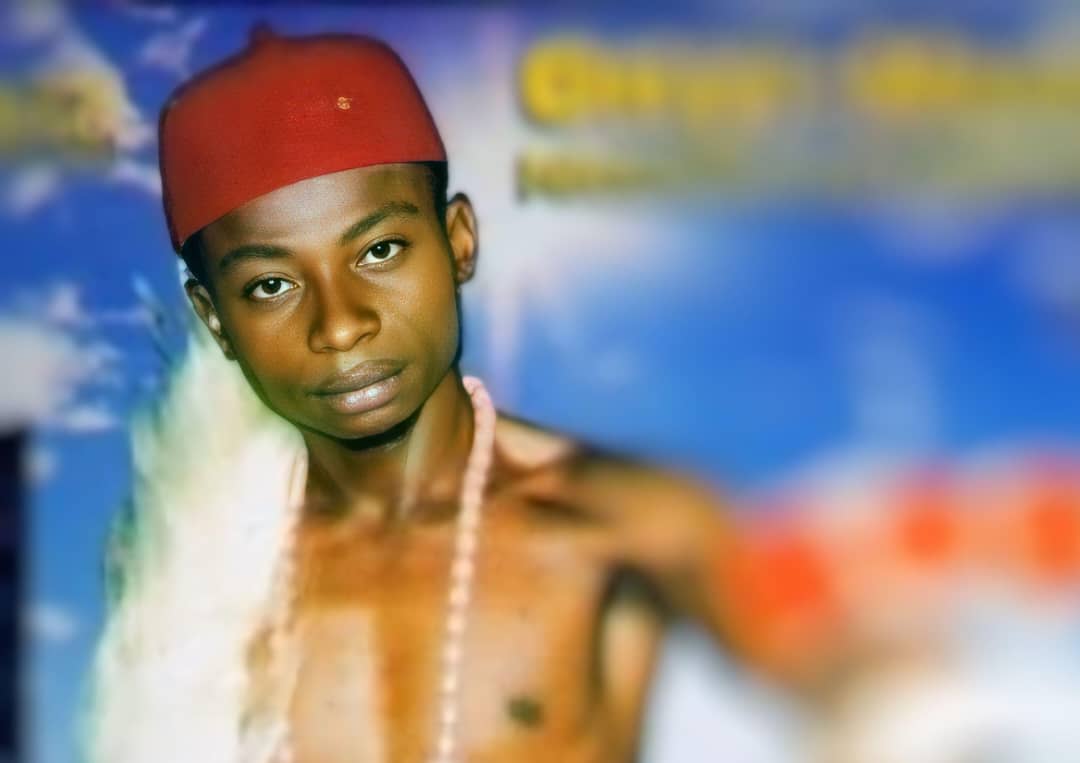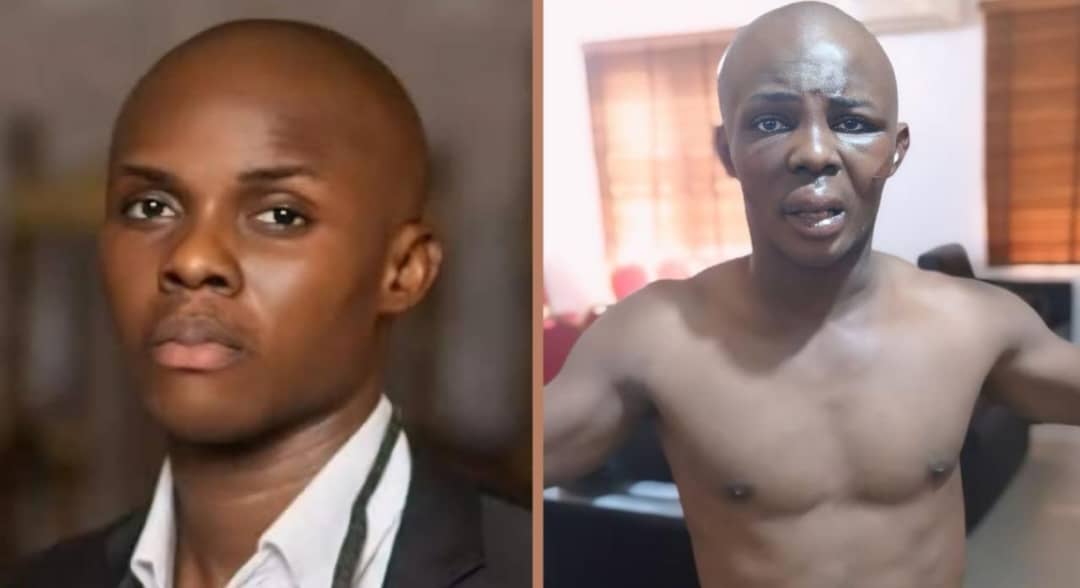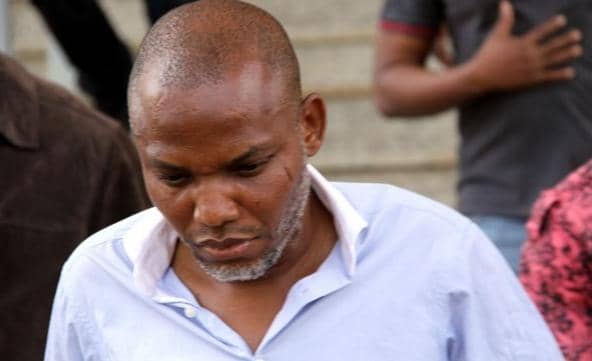In the annals of Nigerian history, few events have left as indelible a mark as the annulment of the June 12, 1993, presidential election. This decision, made by Nigeria’s then military Head of State, Ibrahim Babangida (IBB), continues to reverberate through the nation’s political and social fabric. While IBB has, in his memoir A Journey in Service, attempted to clarify the ethnic dimensions of the 1966 coup and assert that the coup was not exclusively an Igbo-driven plot, his actions surrounding the annulment of June 12 have only deepened the wounds of a nation still struggling to reconcile with its past. This article examines IBB’s controversial decisions, commends his willingness to acknowledge certain missteps, and demands that Nigeria address the unresolved historical injustices inflicted on the Ndigbo during the Nigerian Civil War (1967-1970).
Revisiting the June 12 Election and Its Aftermath
The June 12, 1993, election, widely regarded as one of the freest and fairest in Nigeria’s history, was a beacon of democratic hope. It pitted Moshood Abiola of the Social Democratic Party (SDP) against Bashir Tofa of the National Republican Convention (NRC). Abiola, a charismatic and widely supported businessman, was poised to become Nigeria’s president—a transition that many believed would usher in a new era of democratic governance. However, before the final results could be officially announced, IBB annulled the election, citing electoral irregularities. This move sparked widespread outrage, protests, and a crisis that ultimately plunged Nigeria into years of political instability.
The annulment of June 12 not only denied millions their democratic voice but also triggered an enduring political crisis. The repercussions were far-reaching: political instability, social unrest, and a protracted transition to civilian rule that only began to take shape in 1999. For many Nigerians, especially the Ndigbo, the annulment represents an injustice that has never been fully addressed. The wounds inflicted by the previous genocide (1967-1970), during which the Ndigbo suffered immeasurably, remain unhealed. Despite numerous appeals and intermittent gestures from successive governments, a formal apology for the atrocities committed during that period has never been forthcoming, leaving a deep scar on the national consciousness.
IBB’s Admission and the Paradox of Accountability
In his memoir, IBB acknowledged certain missteps and offered an explanation of the ethnic dynamics that characterized the 1966 coup, emphasizing that the coup was not solely driven by Igbo interests. He cited examples, such as the involvement of Major John Obienu, an Igbo officer who played a critical role in quelling the coup, to argue that the events were more complex than simplistic ethnic narratives suggest. However, this admission stands in clear contrast to his later decision to annul June 12—a decision that many interpret as a denial of the democratic process and a failure to fully account for the suffering that followed.
IBB’s actions have engendered a profound sense of betrayal among many Nigerians. On one hand, his memoir attempts to clear the Ndigbo of responsibility for the 1966 coup; on the other hand, his annulment of June 12 has left an indelible mark of injustice on the nation, particularly on the Ndigbo who bore the brunt of the ensuing civil war. This paradox is particularly painful because it highlights the gap between acknowledging past errors and taking concrete steps to remedy them. While IBB’s account provides a measure of clarity regarding the complexities of the coup, his decision to nullify a historic election—one that symbolized hope, accountability, and democratic renewal, remains a deeply controversial act.
The Unresolved Injustice Toward the Ndigbo
The period between 1967 and 1970 was catastrophic for the Ndigbo. The brutal civil war, marked by widespread violence, displacement, and economic devastation, decimated communities and left a legacy of profound suffering. Despite decades of dialogue and intermittent political overtures, the Nigerian state has yet to issue a formal apology for the atrocities committed during this period. This failure to acknowledge historical wrongs not only perpetuates a sense of injustice but also undermines the prospects for national reconciliation.
The unresolved grievances of the Ndigbo continue to fuel ethnic divisions and impede Nigeria’s progress. Without an official acknowledgment and meaningful reparations for the losses suffered, the wounds remain open, and the hope for a unified, harmonious Nigeria remains elusive. A failure to recognize and redress the deep-seated pain of a community that has contributed so much to the nation’s cultural and economic fabric.
Read also: How A Tinubu’s Presidency Will Heal June 12 Mistake – Keyamo
A Call for Accountability and Restorative Justice
It is imperative that the Nigerian military and government take decisive action to address these unresolved injustices. The path to national unity and progress lies in confronting the past with honesty and courage. We call for a comprehensive, impartial review of the events following the 1966 coup and the subsequent civil war. The Nigerian state must hold accountable those who have perpetuated or allowed these injustices to continue, and it must extend a formal apology to the Ndigbo for the suffering inflicted during those tumultuous years.
Reparations and policy reforms are essential to heal the wounds of the past. True reconciliation will require not only public acknowledgment of these historical injustices but also tangible actions—such as investments in community rebuilding, support for affected families, and the implementation of robust mechanisms to prevent future injustices. It is only through such comprehensive efforts that Nigeria can hope to build a future rooted in justice, unity, and sustainable development.
A Call to the Global Community
The unresolved injustices in Nigeria are not solely a domestic issue; they resonate on a global scale. As the world grapples with issues of human rights and accountability, the plight of the Ndigbo and the legacy of June 12 serve as stark reminders of the need for collective action. We urge cultural advocates, human rights organizations, and concerned citizens worldwide to support initiatives aimed at rectifying these historical wrongs. International pressure and solidarity can play a crucial role in pushing for reforms that honor the legacy of those who have suffered and ensure that future generations are not burdened by the unresolved wounds of the past.
In conclusion, while IBB’s memoir attempts to clarify the ethnic dimensions of the 1966 coup, his annulment of June 12 and the failure to address the historical injustices against the Ndigbo reveal a legacy of unfulfilled accountability. Our nation’s progress hinges on confronting these past wrongs with integrity and decisive action. It is essential for Nigeria to extend a formal apology to the Ndigbo for the suffering endured between 1967 and 1970 and to implement comprehensive reforms that ensure justice for all affected communities.
We call on policymakers, military leaders, and the global community to demand accountability and to support restorative justice measures. Only by acknowledging the truth and making concrete reparations can Nigeria begin to heal its deep-seated divisions and move toward a more inclusive and prosperous future. Let us stand together in our commitment to justice, dignity, and the rights of all citizens, ensuring that the legacy of events like the annulment of June 12 and the civil war is not one of ongoing neglect, but one that inspires meaningful change and reconciliation.

